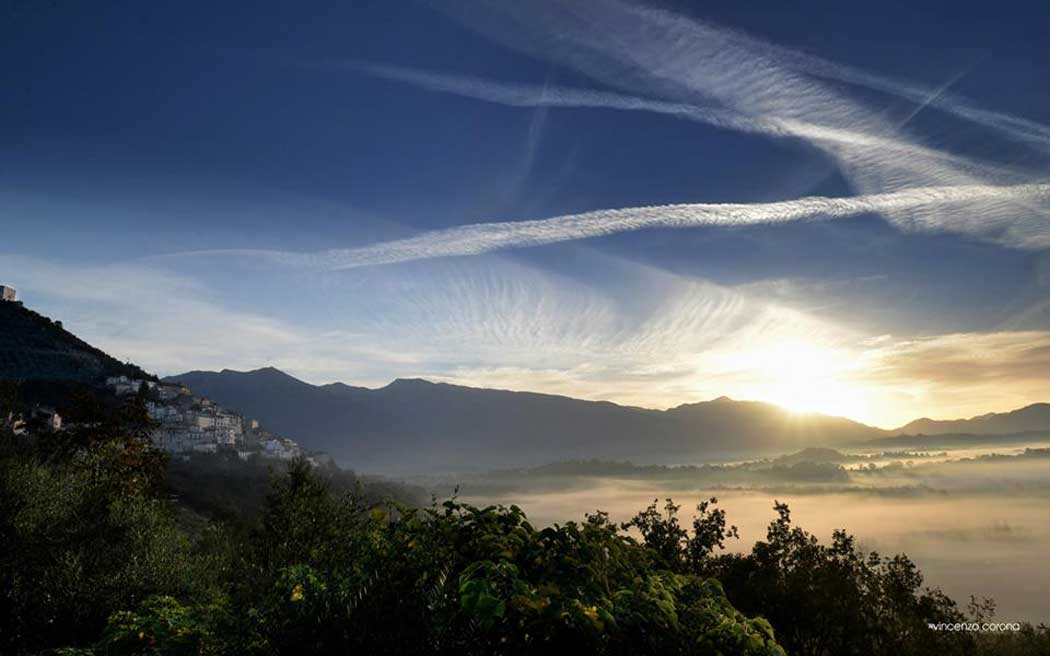

Alvito is a small village to the east of Frosinone, in the Valley of Comino, which is part of the National Park of Abruzzo, Lazio and Molise. It owes its name to the mountain Albeto.
It was a Roman colony with the name of Cominium (hence the name Val Comino) in the third century BC. At the end of the Roman period the population dispersed in small groups around the churches in the territory under the control of the Abbey of Montecassino.
Its foundation dates back to about 1000 when a medieval fort was built by the Counts of Marsi (of Lombard origin) and has been for many centuries fought over by various families. The most important owner was certainly the Gallio family which modernized the Ducal Palace also adding the famous "Court Theatre" and the "Sala del Consiglio", and embellished it with paintings and frescoes of the Neapolitan school of the eighteenth century. At that time the new urban structure was introduced with Via Gallia which is still the main street.
Alvito has been repeatedly hit by earthquakes that destroyed only a small part of its heritage. Since the early 1900s many of its citizens have emigrated.
It was a Roman colony with the name of Cominium (hence the name Val Comino) in the third century BC. At the end of the Roman period the population dispersed in small groups around the churches in the territory under the control of the Abbey of Montecassino.
Its foundation dates back to about 1000 when a medieval fort was built by the Counts of Marsi (of Lombard origin) and has been for many centuries fought over by various families. The most important owner was certainly the Gallio family which modernized the Ducal Palace also adding the famous "Court Theatre" and the "Sala del Consiglio", and embellished it with paintings and frescoes of the Neapolitan school of the eighteenth century. At that time the new urban structure was introduced with Via Gallia which is still the main street.
Alvito has been repeatedly hit by earthquakes that destroyed only a small part of its heritage. Since the early 1900s many of its citizens have emigrated.




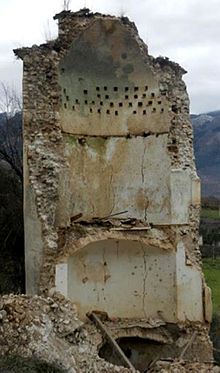
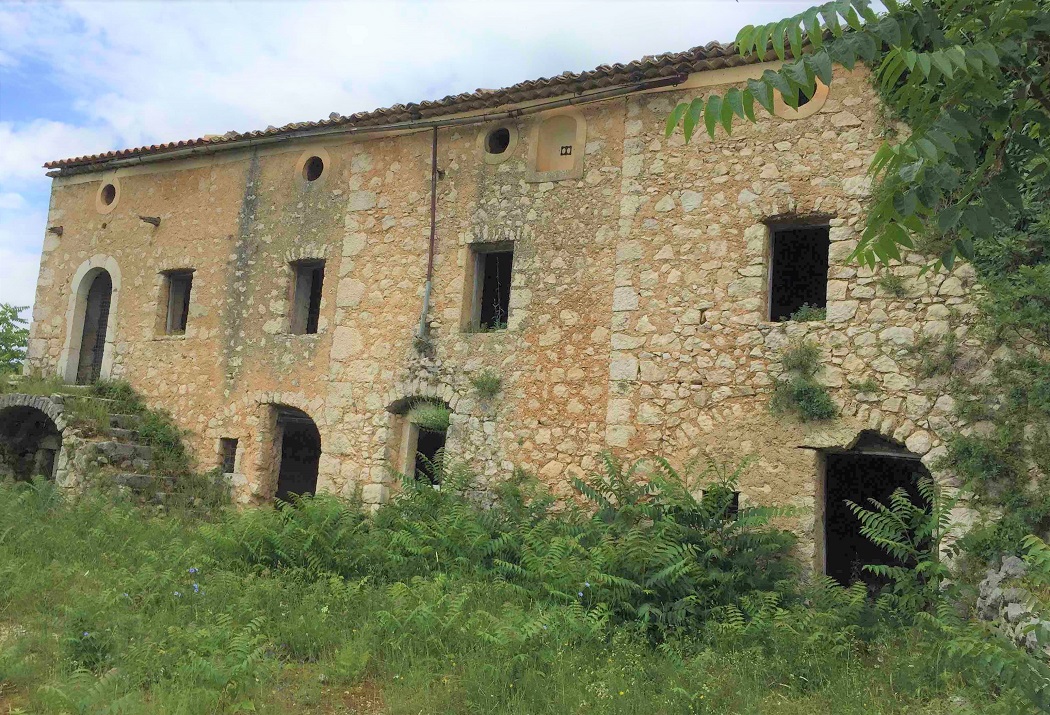
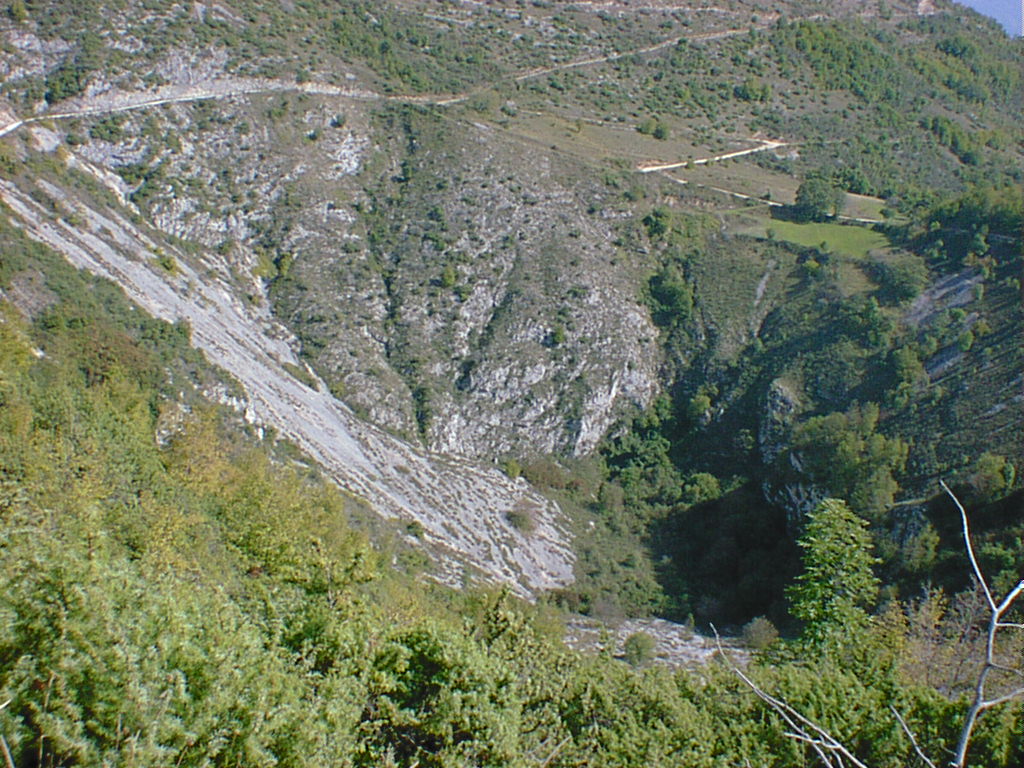



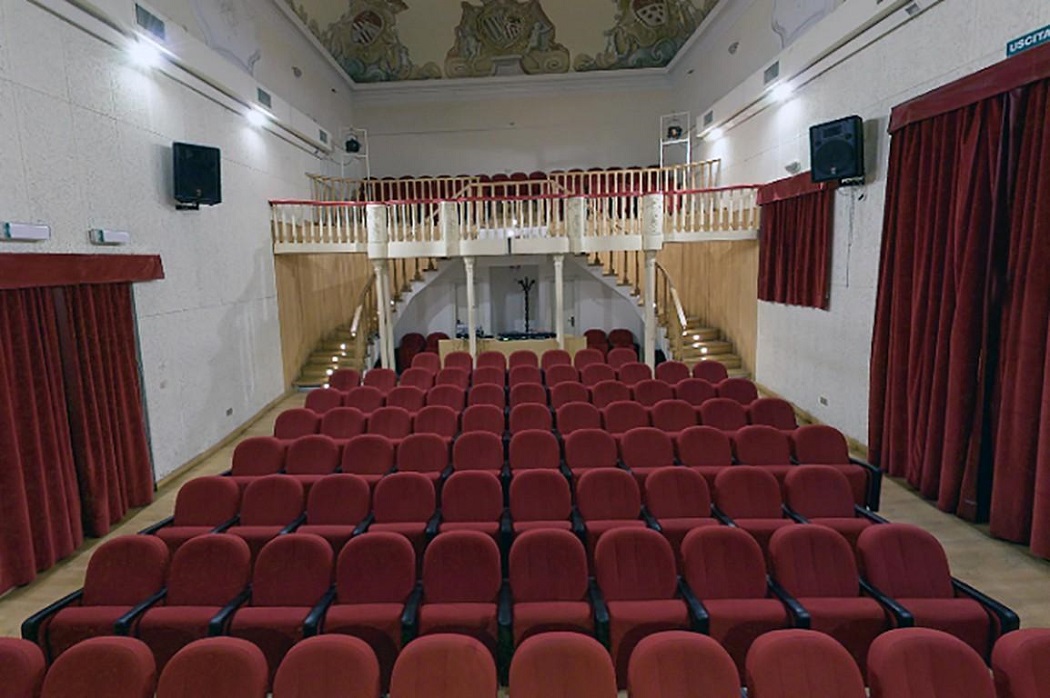






Follow us